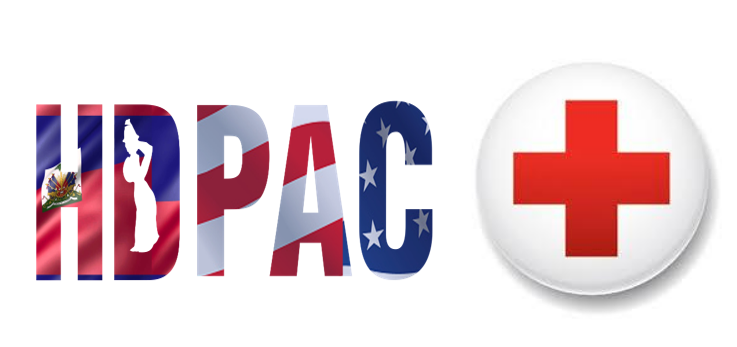August 17, 2021
TrueNewsReport
By: Nathaniel Ballantyne
New York City – Natural disaster is a good business, and no one knows this better than the Red Cross, a nonprofit organization with over a hundred years of experience. In 2010 a devastating earthquake struck Port-Au-Prince killing over three hundred thousand people. The world was shocked and sprung into action. The Red Cross quickly set up hotlines and television commercials seeking donations, and within a few days, millions of dollars of donations from Americans, including Haitian diaspora, poured in. I gave the Red Cross 250 dollars, which was the last time I made such a donation. Overall, the Red Cross collected 589 million dollars.
With that kind of money, most people thought that the Red Cross would use the money to help the victims. And there were so many ways that the Red Cross could have helped. They could have built clinics or hospitals and built houses for the victims who lost everything in the earthquake. They could have worked with the anemic Haitian government to build schools. But, instead, the CEO of the Red Cross and her acolytes sent executives to Haiti as part of a recovery mission to do nothing but to drive around in air-conditioned SUVs drinking and having a grand ole time.
Confidential memos, emails from worried top officers of the Red Cross, and accounts of a dozen frustrated and disappointed insiders show the charity has broken promises, squandered donations, and made dubious claims of success. For example, the Red Cross says it has provided homes to more than 130,000 people. But the actual number of permanent homes the group has built in all of Haiti was just six. Yes, six homes!
After the 2010 earthquake, Red Cross CEO Gail McGovern unveiled ambitious plans to “develop brand-new communities.” None have ever been built. She lied to the people of Haiti and ran with the money like a bandit.
Aid organizations worldwide have struggled after the 2010 earthquake in Haiti, the Western Hemisphere’s poorest country. But ProPublica and NPR’s investigation shows that many of the Red Cross’s failings in Haiti are of its own making. They are also part of a larger pattern in which the organization has botched aid delivery after disasters such as Superstorm Sandy. Yet, despite its difficulties, the Red Cross remains the charity of choice for ordinary Americans and corporations alike after natural disasters.
One issue that has hindered the Red Cross’s work in Haiti is an overreliance on foreigners who could not speak French or Creole, current and former employees say, which is why the USAID should not rely on foreigners but on Haitians and members of the Haitian Diaspora.
In a blistering 2011 memo, the then-director of the Haiti program, Judith St. Fort, wrote that the group was failing in Haiti and that senior managers had made “very disturbing” remarks disparaging Haitian employees. St. Fort, who is Haitian American, wrote that the comments included, “he is the only hard working one among them” and “the ones that we have hired are not strong, so we probably should not pay close attention to Haitian CVs.” The Red Cross won’t disclose how it has spent the hundreds of millions of dollars donated for Haiti. But our reporting shows that less money reached those in need than the Red Cross has said.
Lacking the expertise to mount its own projects, the Red Cross ended up giving much of the money to other groups to do the work. Those groups took a piece of every dollar to cover overhead and management. Even on the projects done by others, the Red Cross had its own significant expenses – in one case, adding up to a third of the project’s budget.
With the new earthquake that struck Haiti in the Southwestern part of Haiti on Saturday, August 14, 2021, the Red Cross can correct its mistakes by providing aid to the victims. This time, the Red Cross should build the houses that it promised the Haitian people in 2010.






